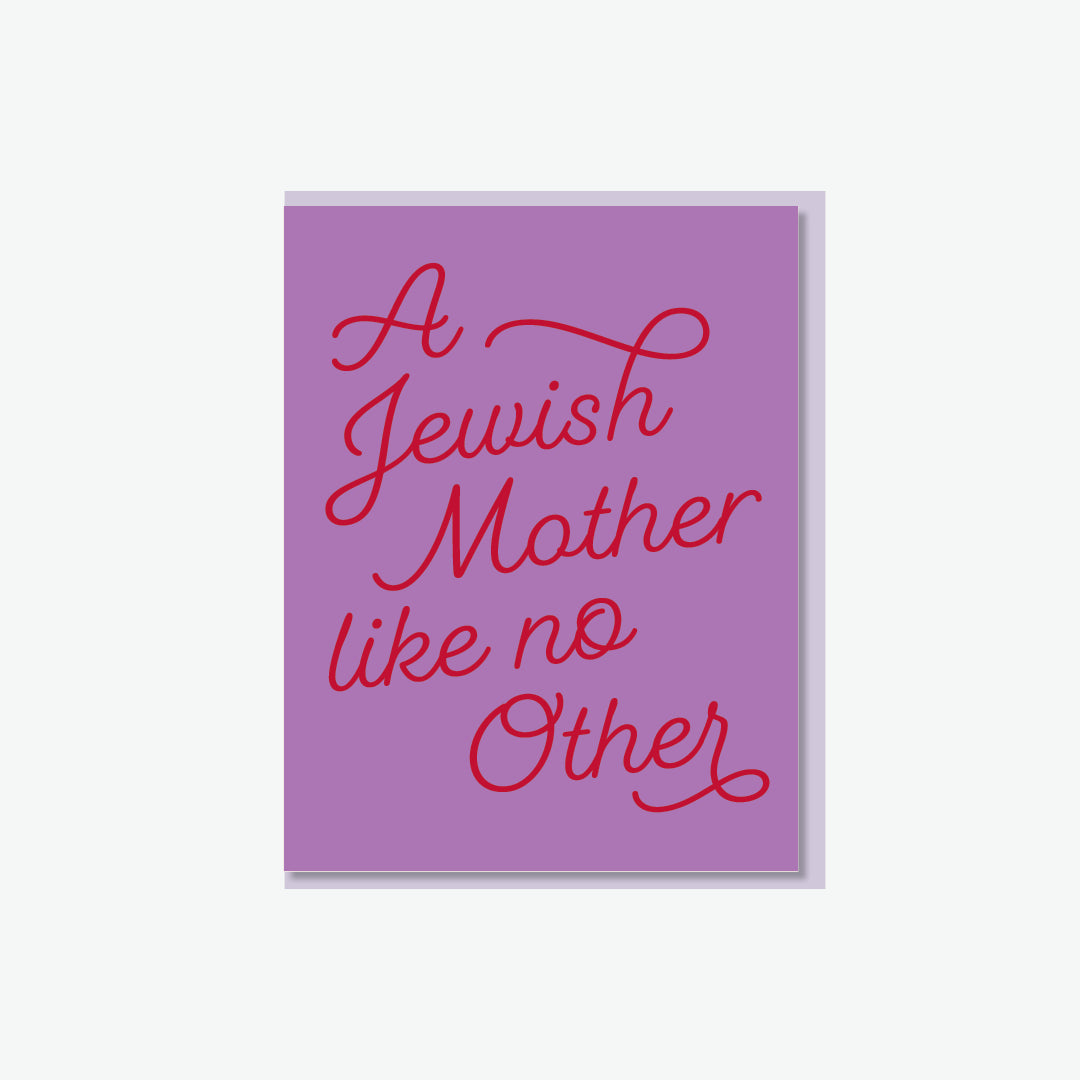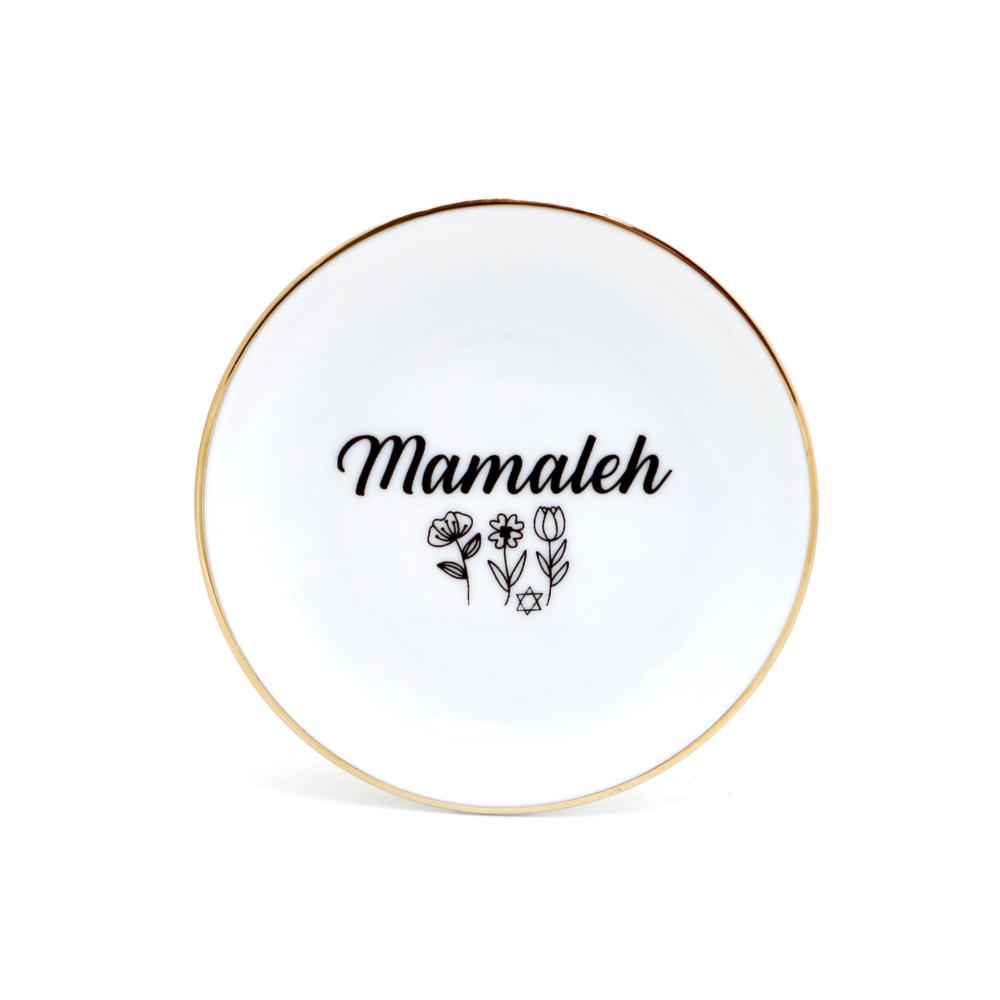So you’ve stumbled across the term “mamaleh,” and you’re wondering what the fuss is all about? Let’s dive right into it, shall we? Mamaleh meaning might seem simple at first glance, but there’s a whole world of emotions, history, and culture wrapped up in this word. Whether you’re hearing it for the first time or you’ve grown up with it, there’s always something new to discover. So grab your favorite snack, sit back, and let’s unravel the magic of mamaleh together.
Picture this: you’re at a family gathering, and someone calls out, “Mamaleh, can you pass the salt?” It’s not just a request; it’s a term of endearment, a way of showing love and respect. Mamaleh meaning is more than just a word; it’s a reflection of the deep bonds we share with our loved ones. It’s the kind of word that makes you feel warm inside, even on the coldest of days.
But what exactly does mamaleh mean? Is it just another way of saying “mom” or “mother”? Well, not exactly. While it does refer to a mother figure, there’s so much more to it than that. Mamaleh meaning goes beyond the dictionary definition, tapping into the emotional and cultural significance of family ties. Let’s explore this fascinating term and all its nuances in the sections ahead.
Read also:Mill Valley Public Library Your Ultimate Community Hub For Knowledge And Adventure
Table of Contents
- The Origins of Mamaleh
- Cultural Significance of Mamaleh
- The Emotional Weight of Mamaleh
- Mamaleh in Different Languages
- How and When to Use Mamaleh
- A Brief History of Mamaleh
- Long-Tail Keywords Around Mamaleh
- Real-Life Examples of Mamaleh in Action
- Common Misconceptions About Mamaleh
- Wrapping It Up: Mamaleh Meaning in a Nutshell
The Origins of Mamaleh
Let’s rewind the clock and take a trip back to where it all began. The word mamaleh has its roots in Hebrew and Yiddish cultures, where it was used as a term of endearment for mothers. But how did it evolve over time? The origins of mamaleh meaning are steeped in tradition, with generations passing down the word as a symbol of love and respect.
Back in the day, mamaleh wasn’t just a casual term. It carried weight, a sense of responsibility and care. Families would use it to address their mothers, but also to honor the role mothers played in their lives. It’s like saying, “Hey, you’re the rock of this family, and we appreciate you.” And who doesn’t want to hear that, right?
Tracing Mamaleh Through Time
Over the years, mamaleh meaning has taken on new dimensions. What started as a simple term of endearment has now become a cultural phenomenon. Think about it: how many times have you heard someone say, “Oh, my mamaleh would kill me if she found out!” or “Mamaleh always knows best”? These phrases aren’t just random; they’re a testament to the lasting impact of this word.
- Mamaleh in ancient texts
- Mamaleh in modern literature
- Mamaleh in pop culture
Cultural Significance of Mamaleh
Mamaleh meaning isn’t just about language; it’s about culture. In many communities, mamaleh represents the heart of the family. She’s the one who keeps everyone together, the one who makes sure everyone’s fed, clothed, and loved. It’s no wonder that mamaleh meaning has become such an important part of cultural identity.
Take, for example, the Jewish community, where mamaleh is often associated with strength and resilience. These are the women who’ve faced adversity and come out stronger, who’ve built families and communities with nothing but love and determination. Mamaleh meaning in this context is about more than just being a mother; it’s about being a force to be reckoned with.
Mamaleh Across Cultures
While mamaleh meaning is deeply rooted in Jewish culture, it’s not limited to that. Many cultures around the world have their own versions of mamaleh, each with its own unique significance. From “mama” in Swahili to “mamá” in Spanish, the idea of a loving, nurturing mother figure transcends borders and languages.
Read also:Esther Kim The Rising Star Whorsquos Capturing Hearts Worldwide
Here are a few examples:
- In Indian culture, “maa” is used to refer to mothers, carrying a similar sense of reverence.
- In Arabic, “umm” is the word for mother, often used with the same level of respect and affection.
- In Chinese culture, “mama” is a term of endearment, often used by children to address their mothers.
The Emotional Weight of Mamaleh
Let’s talk about the emotional side of mamaleh meaning. When someone calls their mother “mamaleh,” it’s not just a word; it’s a feeling. It’s the comfort of knowing that no matter what happens, you have someone who loves you unconditionally. It’s the security of having a home base, a place where you’re always welcome.
For many people, mamaleh meaning is tied to their earliest memories. It’s the sound of your mother’s voice calling you to dinner, the smell of her cooking, the warmth of her embrace. These are the things that make mamaleh more than just a word; they make it a part of who we are.
How Mamaleh Shapes Our Lives
Mamaleh meaning can influence everything from our relationships to our self-esteem. Think about it: if you grow up in a household where mamaleh is a term of endearment, you’re likely to carry that sense of love and respect into your adult life. It’s like planting a seed of kindness that grows into a tree of compassion.
Studies have shown that children who have strong bonds with their mothers tend to be more emotionally stable and socially adept. Mamaleh meaning plays a big role in this, as it reinforces the idea that love and care are the foundations of a healthy life.
Mamaleh in Different Languages
Language is a fascinating thing, isn’t it? The way we express ourselves can vary so much depending on where we come from. When it comes to mamaleh meaning, there are countless variations across different languages and dialects. Let’s take a look at a few of them.
In Hebrew, mamaleh is often written as “ima” (אמא). In Yiddish, it’s “mammele” (מאָמעלע). Both versions carry the same weight of love and respect, but they’re expressed in slightly different ways. It’s like how some people say “soda” and others say “pop” – the meaning is the same, but the flavor is unique.
Exploring Mamaleh in Other Tongues
Here’s a quick rundown of how mamaleh meaning translates in other languages:
- In Italian, “mamma” is the equivalent of mamaleh.
- In French, “maman” carries a similar connotation.
- In Russian, “mamochka” is a term of endearment for mothers.
It’s amazing how a single concept can be expressed in so many different ways, isn’t it? Mamaleh meaning might change depending on the language, but the love and respect behind it remain constant.
How and When to Use Mamaleh
So now that you know what mamaleh means, how do you use it? Is it appropriate in every situation, or are there times when it’s better to stick with a more formal term? Let’s break it down.
In informal settings, mamaleh is perfectly acceptable. Whether you’re chatting with friends or hanging out with family, using mamaleh is a great way to show affection. But in more formal situations, you might want to opt for something like “mother” or “mom.” It’s all about context and knowing your audience.
Tips for Using Mamaleh Effectively
Here are a few tips to help you use mamaleh meaning in the right way:
- Use it with people you’re close to, like family and close friends.
- Avoid using it in professional settings unless you’re sure it’s appropriate.
- Be mindful of cultural differences – not everyone may be familiar with the term.
A Brief History of Mamaleh
Let’s take a trip through time and explore the history of mamaleh meaning. While the word itself may have originated in Hebrew and Yiddish cultures, its significance has evolved over the centuries. From ancient texts to modern-day usage, mamaleh has remained a constant source of inspiration and love.
In the early days, mamaleh meaning was closely tied to religious and cultural practices. Mothers were seen as the pillars of the family, responsible for passing down traditions and values to their children. Over time, this role has expanded to include a wider range of responsibilities, but the core idea remains the same: mamaleh is the heart of the home.
Key Moments in Mamaleh History
Here are a few key moments in the history of mamaleh meaning:
- The use of mamaleh in ancient Hebrew texts.
- The evolution of mamaleh in Yiddish culture.
- The modern-day resurgence of mamaleh as a cultural icon.
Long-Tail Keywords Around Mamaleh
When it comes to mamaleh meaning, there are plenty of long-tail keywords that can help you dive deeper into the topic. Here are a few examples:
- What does mamaleh mean in Hebrew?
- How to use mamaleh in a sentence.
- Mamaleh meaning in Yiddish culture.
These keywords can help you explore mamaleh meaning from different angles, giving you a more comprehensive understanding of the term.
Real-Life Examples of Mamaleh in Action
Let’s bring mamaleh meaning to life with a few real-life examples. Imagine you’re at a family dinner, and your cousin says, “Mamaleh, this chicken is amazing!” It’s a simple sentence, but it carries so much weight. It’s a way of showing appreciation and love, all wrapped up in one little word.
Or think about a situation where someone is feeling down, and their friend says, “Don’t worry, mamaleh always knows how to make things better.” It’s a reminder that no matter how tough things get, there’s always someone who cares about you and wants to help.
Common Misconceptions About Mamaleh
There are a few misconceptions about mamaleh meaning that are worth addressing. Some people think it’s just another way of saying “mom,” but that’s not entirely true. Mamaleh carries a deeper emotional significance, one that goes beyond the simple act of motherhood.
Others might assume that mamaleh is only used in Jewish culture, but as we’ve seen, it has parallels in many other cultures around the world. Mamaleh meaning is universal, even if the word itself varies from language to language.
Wrapping It Up: Mamaleh Meaning in a Nutshell
So there you have it – the fascinating world of mamaleh meaning. From its origins in Hebrew and Yiddish cultures to its modern-day significance, mamaleh is a word that carries a lot of weight. It’s about love, respect, and the deep bonds we share with our loved ones.
As you go about your day, take a moment to appreciate the mamalehs in your life. Whether it’s your own mother, a close friend, or even a mentor, these are the people who make life worth living. And who knows? Maybe you’ll find yourself using the word mamaleh more often than you thought!
So what are you waiting for? Share this article with your friends and family, and let’s keep the conversation going. Together, we can celebrate


